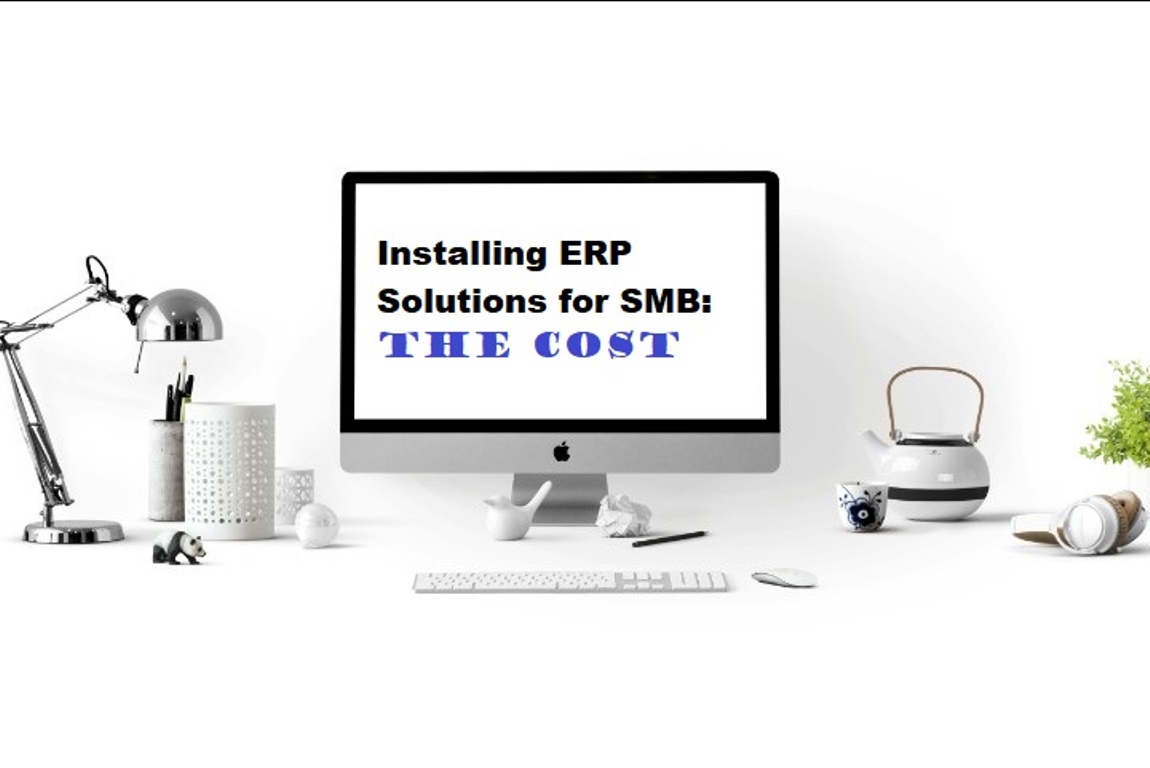According to a report from Colorlib, around 94% of all companies around the world now use cloud software. Of course, Kenya is included — there are highly qualified IT specialists providing cloud solutions for businesses in Kenya, including migrating business data to the cloud and the accompanying logistics.
In simple terms, migrating to the cloud means moving data, computing resources, and applications from on-premises platforms to servers based in a data center accessed over the Internet and maintained by a cloud vendor. So, instead of owning and maintaining physical servers and data centers, you only pay the vendor subscription fees for the applications and storage.
In other words, you only pay rent to access cloud computing technology for your business to manage resources online.
After getting used to on-premises platforms for years, the thought of migrating to cloud can be scary for many businesses. But the truth is that the migration to cloud can be easy and with less inconvenience if done by a suitable IT specialist.
Models of Cloud Service
There are three types of cloud services:
1. Infrastructure as a service (IaaS)
IaaS includes all of a data center’s basic computing, storage, and networking services provisioned and delivered via the Internet. Migrating to IaaS will automate repetitive manual tasks, thus relieving IT staff from tasks such as running and maintaining data center equipment. They can then concentrate on more valuable work, such as scaling capacity up and down.
2. Platform as a service (PaaS)
PaaS includes all of IaaS, and on top of that, it adds cloud-based capabilities such as operating systems, databases, integration, and application development management. Under PaaS, users can easily build applications without worrying about the underlying infrastructure.
Cloud vendors providing cloud solutions in Kenya usually sell IaaS and PaaS using a pay-for-use pricing model.
3. Software as a service (SaaS)
SaaS caters to the applications that users access on the internet and which are run, patched and updated by cloud vendors. Such applications are available on web browsers or mobile apps. Examples of SaaS applications are business software such as CRM, ERP social media sites such as Facebook, and streaming services such as YouTube. Videoconferencing also falls under SaaS.
So with that out of the way, what are the benefits of migrating to cloud for a business?
This is how migrating to cloud will benefit your business:
1. It’s Cost-effective and Efficient
The primary reason businesses are set up is to make a profit. One way to make more profit is to reduce the cost of running a business. By migrating business data to cloud services, a business will save more money since cloud costs less compared to on-premises data centres. As a cloud customer, your business will only pay the cloud vendor for operating expenses. The cloud vendor runs the cloud data center, maintains hardware, etc.
With most of the IT work taken by the cloud provider, a business will then have to either reduce the number of on-site IT personnel or assign them other tasks.
Additionally, on-premises data centers are less efficient because they usually have low utilization rates; they waste a lot of energy running servers with little to show for it. Cloud vendors, on the other hand, have a high utilization rate, enabling them to use less electricity.
2. It’s More Secure
An on-premises data center may have a large IT team but whatever they do cannot match the efficiency of cloud in terms of security. A cloud vendor invests heavily in security monitoring, research, patching and development.
It’s only on cloud that constant monitoring for security threats can easily be done, thanks to the built-in security functions that also make it easier to apply tools such as two-factor authentication and data encryption.
Upgrading of systems using automation is also smooth on cloud. The on-premise IT team usually struggles keeping hardware and software patches updated. This leads to security breaches because the systems are vulnerable.
3. It’s Easy to Access
“Work at home” has become an essential part of businesses. Many job seekers are willing to work at home as long as the company has mechanisms that enable remote work. Migrating to cloud facilitates remote work because employees can use their browsers to easily access a business’s data, such as apps for accounting, HR, or supply chain.
It’s now possible even for engineers to use apps to do high-performance workloads. Machine learning and digital simulations can also be learned online. But first, the organization offering these has to migrate to cloud where there is the right infrastructure for these.
4. It’s Collaboration-friendly
Where a task requires employees to collaborate online, cloud applications come in handy since they enable easy remote access. This has greatly changed the way many business organizations work. By migrating to cloud, their employees can now access the same cloud-based apps and data. Employees of a particular organization can then collaborate on a task, with the same information available to all of them online.
5. It’s Growth-oriented
By migrating to cloud, a business soon has increased capacity for rapid growth, plus many opportunities open up. Cloud providers are always ready to scale up to accommodate more demand, thus helping a company implement its new growth strategies in real-time using cloud-based applications.
6. It’s Reliable
When data demand spikes, IT systems usually slow down to a crawl. This negatively affects employees’ work and hinders production. Slow connectivity can lead to long downtime at work when a complete outage occurs.
But by migrating to cloud, a business is shielded from many of such scenarios since cloud offers many layers of mitigation to help keep applications running even when there’s a spike in demand. These failover options make cloud reliable for businesses. Their IT teams do not have to worry much about sudden downtimes, hence they focus on other tasks.
7. It Offers Built-in Data Backup
By migrating to the cloud, a business will hardly experience data loss caused by human error or cyber-attack. Many cloud providers store data backups in different geographic regions and various clouds. The cloud’s foolproof data backup and recovery options make it ideal for businesses looking for continuity, even in the face of cyber-attacks or technical issues.
Businesses also have the option of storing data with multiple cloud providers to ensure uninterrupted access and data recovery.
Wrapping It Up
One thing to watch out for is data loss when migrating business data to cloud It is best to rely on experienced professionals during this process to minimize the risk of data loss. With everything done correctly, your decision to migrate to cloud will pay off.
You can get in touch with us, should you need cloud solutions in Kenya.



